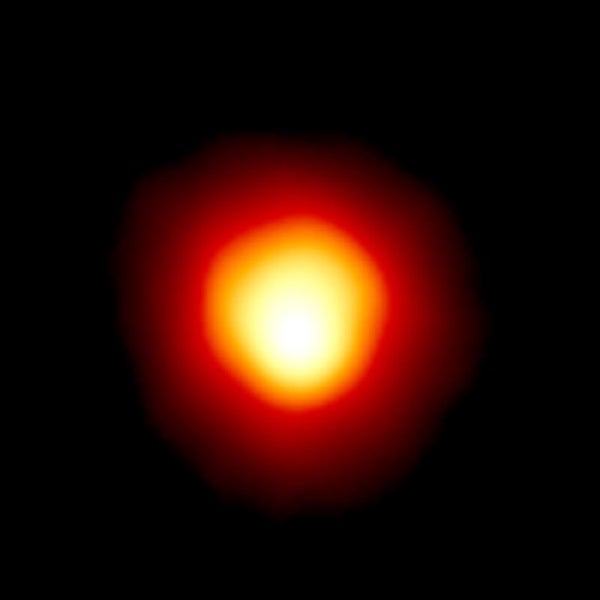Recent 60Fe results have suggested that the estimated distances of supernovae in the last few million years should be reduced from 100 pc to 50 pc. Two events or series of events are suggested, one about 2.7 million years to 1.7 million years ago, and another may at 6.5 to 8.7 million years ago. We ask what effects such supernovae are expected to have on the terrestrial atmosphere and biota. Assuming that the Local Bubble was formed before the event being considered, and that the supernova and the Earth were both inside a weak, disordered magnetic field at that time, TeV-PeV cosmic rays at Earth will increase by a factor of a few hundred. Tropospheric ionization will increase proportionately, and the overall muon radiation load on terrestrial organisms will increase by a factor of 150. All return to pre-burst levels within 10kyr. In the case of an ordered magnetic field, effects depend strongly on the field orientation. The upper bound in this case is with a largely coherent field aligned along the line of sight to the supernova, in which case TeV-PeV cosmic ray flux increases are 10^4; in the case of a transverse field they are below current levels. We suggest a substantial increase in the extended effects of supernovae on Earth and in the lethal distance estimate; more work is needed.This paper is an explicit followup to Thomas et al. (2016). We also here provide more detail on the computational procedures used in both works


